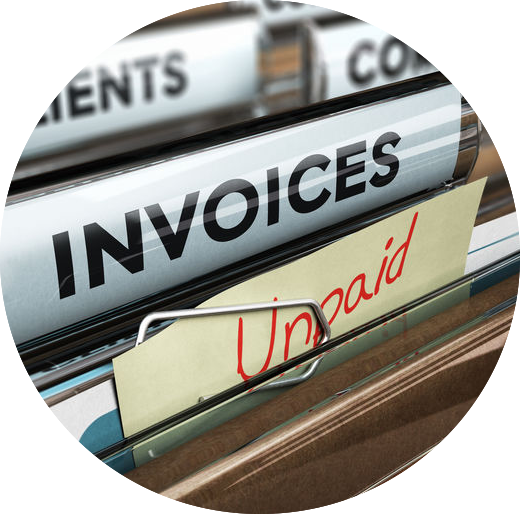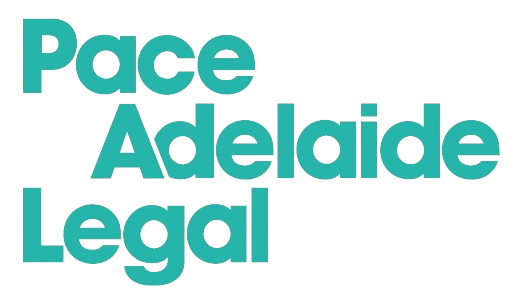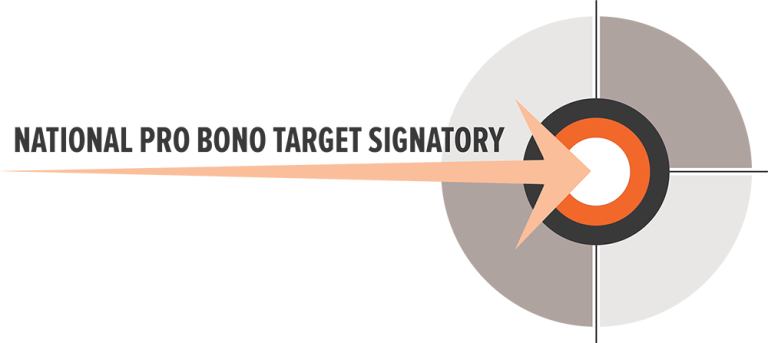Taking action before your business becomes insolvent is the favourable course of action.
Get a complimentary assessment of your situation, with a clear plan of action that is designed to achieve the best possible outcome for you and your business.
Insolvency & Bankruptcy
Pace Lawyers have over 23 years of experience in the field of insolvency and bankruptcy.
If you have run into difficulty with debt you ought to urgently seek expert advice.
Trading Insolvent
If you have a business and are having difficulty paying your debts as and when they fall due, you are likely trading insolvent under the definitions in our insolvency laws.
If a director allows a new debt to be incurred knowing the company is insolvent and unable to pay those debts as and when they fall due for payment, the director may be held personally liable for those company debts. That means the director’s personal assets can then become under siege.
Trading Insolvent is a contravention of the law.
What are the penalties for insolvent trading?
A director or business owner may face civil and or criminal charges for breaches of insolvent trading laws.

Resolving Financial Stress

Small Business Restructuring Process
Introduced in 2021 in response to the COVID-19 pandemic, the small business restructuring process allows the directors and management of a company to remain in control. It gives them the opportunity to propose a plan to deal with the company’s debt within a 3 year period and is available to eligible companies.
Contact Pace Lawyers to find out if your company is eligible.
Business Turnaround Management
The Turnaround Management process allows a full review of the business with the opportunity to identify underlying issues and reasons for declined performance or financial stress. It also provides for identifying strengths of the business and the development of a turnaround plan to help the business get back on track.
You should speak to your accountant in conjunction with an experienced insolvency practitioner at Pace Lawyers in relation to developing a plan that works for your business.
Safe Harbour
Safe Harbour is a process which allows directors a defence against liability for debts of the company business and is codified in Section 588GA of the Corporations Act. It only applies, however, under certain circumstances.
The crucial elements are:
- When a director starts to suspect a company may be insolvent or is at risk of becoming insolvent, they start developing one or more courses of action that are reasonably likely to lead to a better outcome for the company;
- The debt is incurred directly or indirectly in connection with that course of action and during a specified time period.
Section 588GA(2) lists some guiding factors in determining whether a course of action is reasonably likely to lead to a better outcome for the company than an immediate voluntary administration or liquidation. These factors are whether the director is:
- properly informing himself or herself of the company’s financial position; or
- taking appropriate steps to prevent any misconduct by officers or employees of the company that could adversely affect the company’s ability to pay all of its debts; or
- taking appropriate steps to ensure that the company is keeping appropriate financial records consistent with the size and nature of the company; or
- obtaining advice from an appropriately qualified entity who was given sufficient information to give appropriate advice; or
- developing or implementing a plan for restructuring the company to improve its financial position.
Directors should bear in mind that the safe harbour protection will not apply if a debt is incurred by an insolvent company when it is not substantially complying with payment of employee entitlements (including superannuation) as and when they fall due and or its taxation compliance obligations.
COVID-19 Support
If your business is suffering financial stress due to the impact of the COVID-19 pandemic, there are programs in place to help with recovery. The Pace Lawyers team is experienced in providing support to struggling businesses and can review the options available to you and provide a recommended course of action.

The options for insolvent businesses or individuals
There are several options for the insolvent business or individual.
Insolvent Companies
Common insolvency procedures for an insolvent company are either liquidation, entering into a Deed of Company Administration, voluntary administration or receivership.
Liquidation
An independent and registered person called a liquidator takes control of the company so that its affairs can be wound up in a structured and fair way for the benefit of all creditors.
Receivership
When a company is experiencing financial difficulty and is unable to meet its debt, a secured creditor (such as a bank) may put the company into receivership.
In this case an independent, qualified person called a receiver is appointed by a secured creditor, or in special circumstances by a court. They will take control of some or all of the company’s assets.
What will the receiver do?
- collect and sell a sufficient amount of the company’s assets to repay the debt owed to the secured creditor;
- Use the money collected to pay creditors, in the order of priority required by law;
- report any offences or irregularities they discover during this process to ASIC.
Administration
A company with financial problems may be placed into administration. This can be either voluntary, or involuntarily. Voluntary administration is chosen by the directors, whereas involuntary administration is driven by creditors that are owed money for goods or services provided to the company.
Personal Insolvency
The insolvency procedures for an insolvent individual are bankruptcy and personal insolvency agreements.
Bankruptcy
Bankruptcy occurs when an individual is unable to pay their debts and a trustee is appointed to take over their finances. From then on, the trustee will be the point of contact for your debtors and will usually sell the property of your estate (with some exceptions) to pay your debts. The law governing bankruptcy is the Bankruptcy Act 1966 which applies Australia wide. This act stipulates that a bankruptcy case can be heard by the Federal Court of Australia and the Federal Circuit Court of Australia. The body responsible for personal bankruptcy and insolvency law is the AFSA or the Australian Financial Security Authority.
Bankruptcy typically lasts for three years, after which the bankrupt individual is released from their prior debts and able to make a new start.
Bankruptcy can have long term legal ramifications. If you find yourself facing bankruptcy, get in touch with Pace Lawyers today. One of our very helpful lawyers can help to guide you through your options.
How Do I Go Bankrupt?
There are two ways in which a person can go bankrupt:
Voluntary Bankruptcy
An individual can file for bankruptcy by filing a debtor’s petition with the Official Receiver in Bankruptcy.
Forced bankruptcy
You can also be made bankrupt when one or creditors successfully petition the Federal Court for a bankruptcy order over your personal estate. This is called a sequestration order.
If you find yourself in a situation where your debt becomes unmanageable, the first step you should take is to seek financial advice. Bankruptcy should only be considered if you cannot reach an arrangement that will suit.
Sometimes other arrangements can be reached with your creditors. In the case of a “Deed of Arrangement” the debtor will hand over their affairs to a trustee who will work to provide returns to the creditor. Informal agreements can also be reached with your creditors that can help with your debts.
The Pro’s and Con’s of Bankruptcy
Pro’s
The key advantage of bankruptcy is being released from most debts. Your creditors will also not be able to contact you and will have to deal with your trustee.
Not all of your assets can be sold to meet your debts. You will be able to keep:
- A motor vehicle (to a certain value)
- Tools for your trade (to a certain value)
- Superannuation (although an income stream may be assessed for contributions and payments are not covered if they are made prior to your bankruptcy)
- Payments, money and assets purchased with money from any personal injury or compensation claims
- Household items
Con’s
Any property you own will vest in the trustee and be sold to meet your debts. Other assets will be taken as well unless exempt (as outlined above).
Your bankruptcy will appear on your credit record, which will affect your future ability to borrow money.
You will not be able to be the director or manager of a company.
Some occupational licenses will be affected and you will have restricted ability to travel internationally.
Not all debts are released. You will still have to pay the following:
- Child support
- Court imposed penalties and fines
- Student assistance/loans
- Centrelink debts (if the payments proved to be fraudulent)
- Council and water rates
- Secured debts, such as mortgage
It is important to take an in-depth review of the situation before delving into the many options available in the bankruptcy context as your family members may also be affected by your bankruptcy.
We understand these are some of the most stressful times you may go through and we are here to use our skill and expertise in this area to assist.
Expert Insolvency Lawyers
For 23 years, Pace Lawyers has provided advice and representation on all manner of insolvency issues, including:
- liquidator and trustee recoveries such as unfair preference recoveries and defences thereof,
- uncommercial transactions and
- breach of director’s duties claims;
- Director’s insolvent trading claims;
- Claims brought by liquidators and or trustees against assets of family members.
We are highly experienced in litigation involving bankruptcy notices, sequestration and winding up orders and applications to set the same aside.
We are instructed by directors, creditors, family members and insolvency practices in relation to these various actions and claims. In particular, we are skilled at successful resolution of claims before court proceedings ensue.

Be in touch
If you are interested in working together, send us an enquiry and we
will get back to you as soon as we can.







